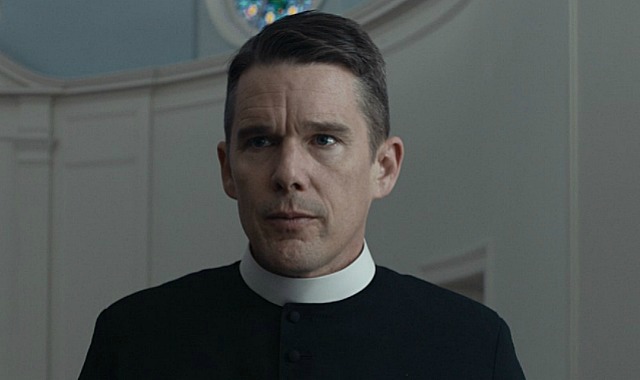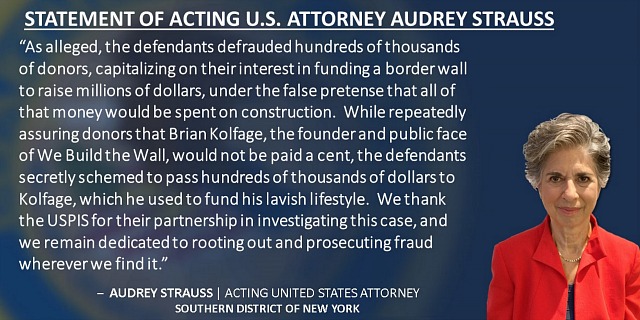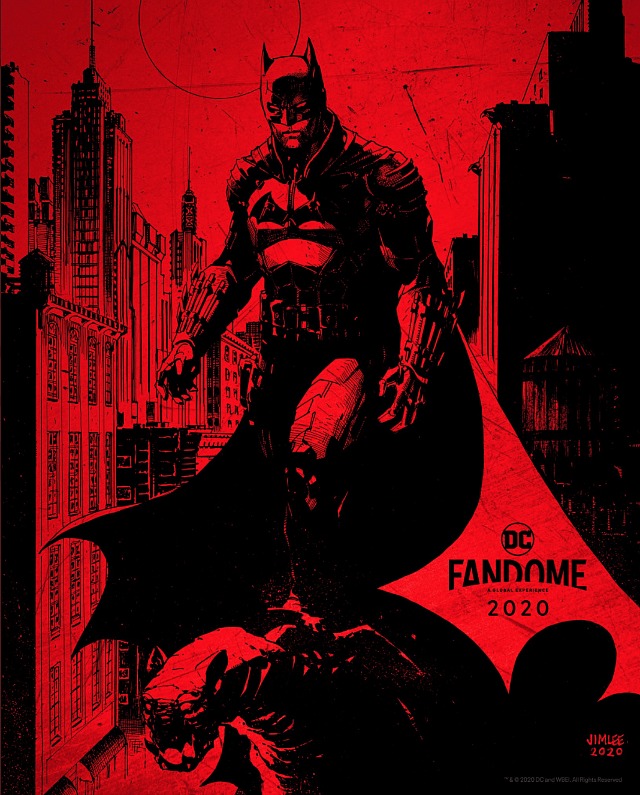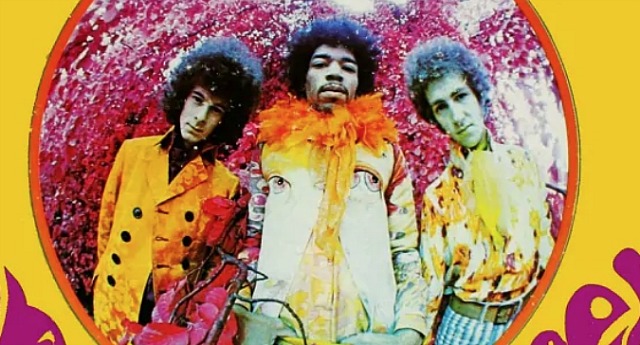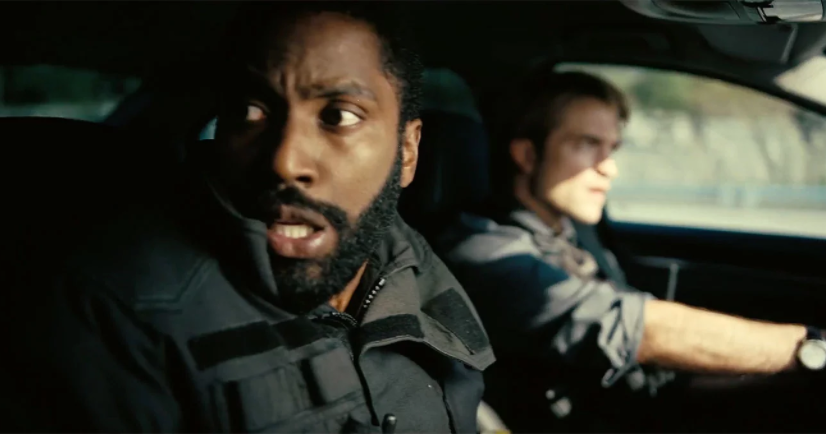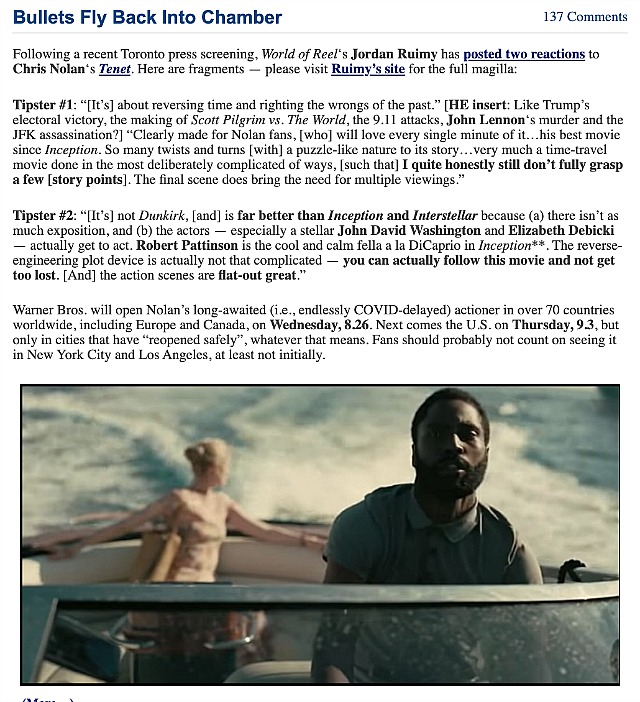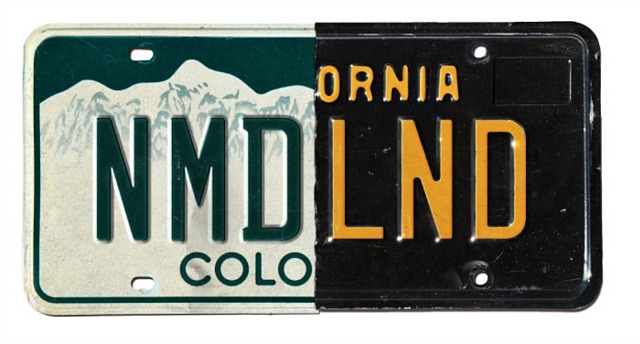“I know, I know you’ll probably scream and cry that your little world won’t let you go…”
Last night Paul Schrader asked his Facebook pallies if he should maybe drop acid. “When I was in college I refused to take LSD because I was so full of suicidal anger, [and] I feared the drug would unleash self destruction,” he wrote. “That of course was media propaganda. But now at 74 with little left to lose I would like to take a trip. Is it safe at my age? Where can I safely access it?”
HE reply, filed this morning at six-something: “I wouldn’t, Paul. Unless you’ve developed a notion that you’re ready to accept the mystical, which means putting aside the rational and in some cases judgmental constructs that you’ve been assembling for so many decades — all of those structural towers of intellectual, influential, scholastic, explorational and experience-based building blocks of your identity.
“LSD is a potential passport to satori and clear light. It’s all there and quite the wonder-realm, but you can’t really enter the kingdom without letting all that other stuff go…all of that material you’ve been accumulating and evaluating and sifting through since your early teens. None of that stuff really matters in the realm of the mystical. If you think you might be down with this or at least open to the possibility, go with God. But it’s a lot easier to allow this kind of ‘letting go’ transformation to happen when you’re 19 or 22 and made of much softer clay.
“LSD is a key, a door ajar, a gateway into a whole ‘nother territory. It isn’t really about therapy or psychology (sorry, Cary) or this or that terra firma, furrowed-brow examination or rumination. It’s about stepping off a kind of misty, moss-covered cliff or, if you will, deciding that the rules, restrictions and governances that you’ve been living by are just obstructions, and that a blue-sky realm awaits.
“I’m just saying that most (i.e., obviously not all) older people have invested too many decades and sorted through too much stuff to accept this kind of clarity, this kind of spiritual cleansing and refreshment. Some people are better off living in safe, sensible worlds that have worked for them…familiarity, recognizable borders, trial and error.
“A good satori book by Alan Watts (such as “This Is It“) would be good to have around. The lyrics of ‘Are You Experienced?’ [see above] are proof that Jimi Hendrix really knew whereof he spoke…“not necessarily stoned but beautiful.”
“All due respect and serious admiration, Paul, but I suspect that you’ll find this kind of newspaper-taxi adventure and temptation more unsettling than transformative.
“If you intend to do this, fine, but at least do so with a good supply of come-down medicinals at the ready (Ocxycontin, Tapendatol, Dilaudid).”
